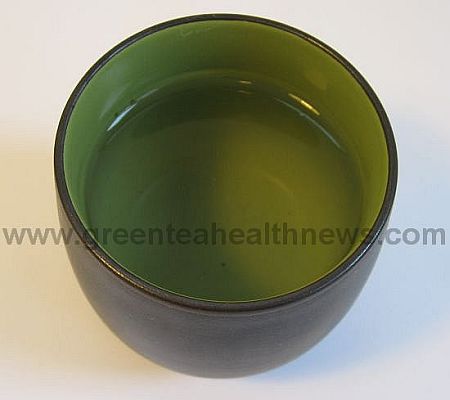Tencha For Umami Taste

Tencha
Green tea plants (Camellia sinensis) are extremely responsive to different growing conditions.
For example, a difference in
- elevation,
- annual rainfall,
- cloud cover,
- seasonal temperatures,
- or other agricultural factors
will create different amounts of chemicals like caffeine, proteins, sugars, and antioxidant catechin polyphenols in the harvested tea leaves.
And every year, with each new crop from different plantations, we can taste those differences.
Over the centuries, people have explored different agricultural techniques to create and control those chemicals and tastes.
What is umami taste?
This taste may be included in the four basic tastes of sweet, sour, bitter, and salty. It is characterized as a mouth-watering savory flavor that is very pleasant in diluted amounts.
Discovered in 1908, it was generally accepted as a separate taste in 1985, based on receptors in the tongue for the amino acid l-glutamate and ribonucleotides, including inosinate and guanylate.
These umami chemicals that we can taste are found not only in green tea, but also meats, fish, shellfish, many vegetables including tomatoes, potatoes, carrots, seaweed, mushrooms, milk products like aged cheese and breast milk, as well as many condiments.
When present in green teas, is derived from the rare protein theanine, and helps balance the normal sweetness from theanine, as well as the astringency from catechins, and the bitterness from caffeine.
Tea grown under shade
Over the centuries, farmers have experimented with different agricultural techniques to create variations in the chemicals of harvested tea leaves to improve the final taste.
One agricultural solution is the use of shade, producing a tea called tencha.
Modern researchers have tested the chemicals in this shade-grown tea and compared them to regular sun-grown green teas
They found that shade-grown green tea had less
- epigallocatechin or EGCG,
- epicatechin,
- galloylquinic acid,
- succinic acid, and
- fructose than shade-grown teas.
At the same time, the shade-grown teas had higher levels of
- gallocatechin,
- apigenin,
- strictinin,
- glucosyl arabinoside,
- quercetin p-coumaroylglucosyl-rhamnosylgalactoside,
- kaempferol p-coumaroylglucosylrhamnosylgalactoside,
- malic acid, and
- pyroglutamic acid than did shade-grown teas.
The shade-grown plants also had less antioxidant activity during the April and July pluckings.
The differences in chemical composition give a sweeter, less astringent umami taste to shaded leaves, but also reduce the desired antioxidants (Ku KM et al: Metabolomics analysis reveals the compositional differences of shade grown tea (Camellia sinensis L.), Journal Agric Food Chem, January 2010, p418-426).
Other shaded teas include Matcha and Gyokuro.
Sign up here for free subscription to the Green Tea Health Newsletter here:
Social Networking
Are you a member of a social networking site like Facebook, Google +, or the popular Twitter? If you like my website, share it with your friends and family! I appreciate it also, and thank you in advance.
or email it:
http://www.green-tea-health-news.com/tencha.html
Did you like this page on tencha? Here are more gourmet tea ideas
This page was last updated by Sharon Jones.
New ebook offers
Subscribe to the free e-zine, Green Tea Health News for new ebook offers, link archives, new recipes, helpful products, hot deals, and more.Subscribe now and don't miss a single issue.
This website supports
planting Giant Sequoia trees.Find out more!

